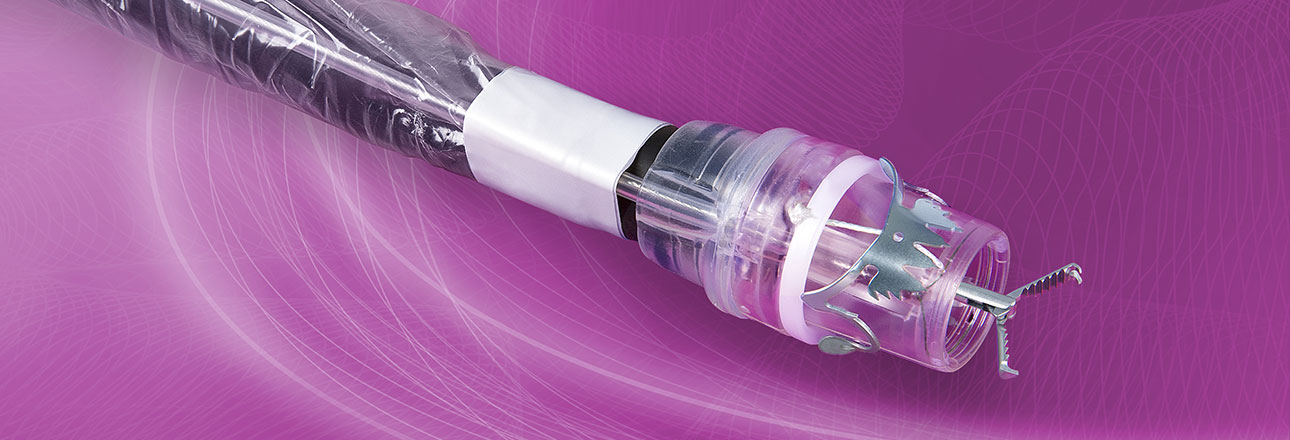Italian single-center study of 20 consecutive patients with non-lifting lesions, adenoma recurrence/relapse of previous endoscopic resections, and scars from incomplete endoscopic resection reports on 100 % full-thickness resection and no major bleeding or perforation.
Andrisani G et al., University Campus Bio-Medico, Rome, Italy, published a single center study evaluating consecutive patients with superficial colorectal neoplasms, who underwent endoscopic full-thickness resection (EFTR) using the FTRD device. Inclusion criteria were non-lifting lesions, adenoma recurrence/relapse of previous endoscopic resections with a negative lifting sign, and scars from incomplete endoscopic resection with a positive deep margin (R1 resection).
Between 1/2016 and 9/2016, 20 patients (12 m/ 8f, mean age 67, range 51-79 years) met the inclusion criteria. Indications included scars of incomplete resections of polypectomy/mucosectomy (7/20), non-lifting lesions (9/20), and adenoma recurrence/relapse (4/20). The lesions were located in the rectum (n=10), descending colon/sigmoid (n=5), transverse colon (n=1), ascending colon (n=3) and caecum (n=1). Technical success, defined as full-thickness resection, was obtained in 100 % and was subsequently histologically confirmed. Among the 7 resection scars treated with FTRD, all were histologically negative for neoplasia. Among the 9 non-lifting lesions, seven were histologically diagnosed as T1/G1/sm1, one as T1/G1/sm2, and one as T1/G1/sm3; this patient underwent a surgical resection. Mean size of the resected lesions was 26 mm, ranging from 10 to 42 mm. No major immediate or delayed bleeding was observed. There was no perforation or need for emergency surgery. One (5 %) patient developed abdominal pain, fever and leukocytosis after the intervention. Perforation or abscess was excluded by CT scan; the patient was treated conservatively with medical therapy. The endoscopic follow-up after 3 months showed spontaneous OTSC dislocation in 100 % of patients and the scar histology was negative for neoplasia.
The authors concluded that EFTR is a feasible and effective technique and a valid alternative to EMR and ESD in the management of recurrent adenomas, no-lifting lesions and scars of R1 resections.
Endoscopic full-thickness resection of superficial colorectal neoplasms using a new over-the-scope clip system: A single-centre study.
Andrisani G, Pizzicannella M, Martino M, Rea R, Pandolfi M, Taffon C, Caricato M, Coppola R, Crescenzi A, Costamagna G, Di Matteo FM.
Digestive and Liver Disease 2017; 49:1009-1013.


 Deutsch
Deutsch  Français
Français 